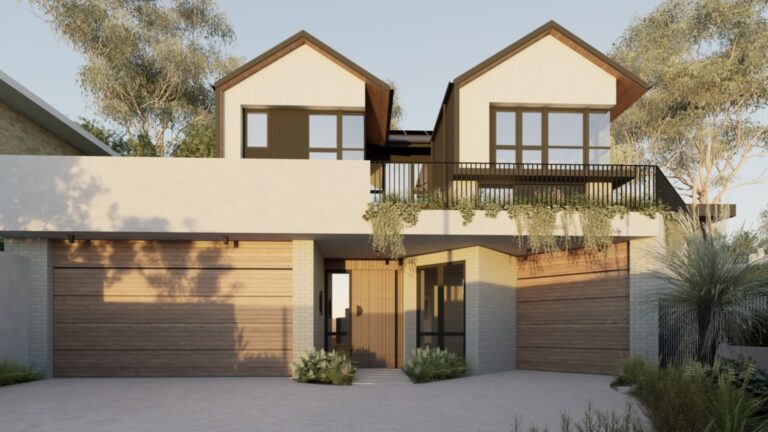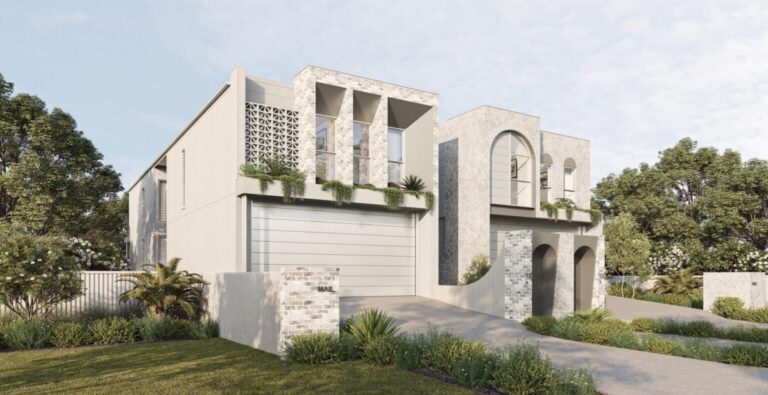Effective construction relies on more than just tools and materials, it demands structure, foresight, and consistent coordination. From initial planning to project handover, every stage needs to align with strict timelines, budgets, and quality benchmarks. Tide Constructions understands the importance of precise project management and integrates proven methods to keep every build on track, reducing costly delays and enhancing efficiency across residential and renovation projects.
Key Takeaways
- Solid project management reduces delays and budget overruns.
- Clear communication keeps every team aligned.
- Planning is as important as building.
- Risk control is a daily focus.
- Partnering with Tide Constructions leads to reliable outcomes.
Understanding the Scope of Construction Project Management
Construction project management involves planning, coordinating, budgeting, and supervising construction processes from the start to completion. It integrates a wide range of disciplines, including architecture, engineering, procurement, human resource management, and legal compliance. Unlike other types of project management, construction is inherently more prone to unpredictability due to weather conditions, regulatory changes, site-specific challenges, and workforce variables.
Best Practices for Managing Construction Projects
To effectively navigate these complexities, industry leaders rely on a set of best practices that serve as the backbone of successful project delivery. Below are the key strategies:
1. Comprehensive Project Planning
A detailed and achievable project plan forms the backbone of effective construction management. This plan should outline the project scope, budget, timeline, resource requirements, and risk assessment. Pre-construction planning must involve all stakeholders, owners, architects, engineers, and contractors, to ensure alignment of expectations.
- Key Tip: Utilise project management software to develop integrated schedules and ensure task dependencies are clearly defined. Tools can help in visualising the timeline and identifying critical paths.
2. Clear Communication Channels
Effective communication is vital for timely decision-making and smooth execution. Construction sites are dynamic environments, and miscommunication can lead to costly mistakes and delays.
- Best Practice: Establish regular meetings, daily site briefings, and real-time communication tools to ensure information flows quickly between office and field teams.
3. Efficient Resource Management
Construction resources encompass labour, materials, equipment, and time. Mismanagement of any of these can derail the entire project.
Strategies:
- Schedule labour following the project phases to prevent downtime.
- Use inventory tracking tools to manage material deliveries and usage.
- Make sure equipment is properly maintained and ready for use when required.
4. Risk Management and Contingency Planning
Construction projects are vulnerable to a variety of risks, including weather delays, design changes, cost inflation, and subcontractor issues.
- Best Practice: Develop a risk register at the beginning of the project and update it regularly. Assign risk owners and outline mitigation strategies for each identified risk. Budget a contingency fund (typically 5–10% of total project cost) to handle unexpected challenges without derailing progress.
5. Strong Leadership and Team Collaboration
Project managers must possess both technical knowledge and strong leadership skills. Leading by example, resolving conflicts promptly, and motivating the team are essential qualities.
- Tip: Foster a collaborative culture where team members are encouraged to contribute ideas and report issues early. Good leadership reduces turnover, increases productivity, and promotes accountability.
6. Strict Quality Control
Maintaining quality is non-negotiable in construction. Substandard work can lead to structural failures, legal liabilities, and loss of reputation.
Implement quality assurance (QA) programs that include regular inspections, compliance checks, and testing procedures. Define benchmarks and enforce standards consistently across all project stages.
7. Real-Time Progress Monitoring and Reporting
Keeping track of project milestones and deliverables is essential for maintaining control over time and budget.
Tools like drones for site monitoring, BIM (Building Information Modelling), and GPS tracking can provide real-time insights. Regular progress reports should be shared with stakeholders to highlight achievements, issues, and next steps.
8. Contract and Document Management
Given the legal and regulatory nature of construction, having a solid contract management system is critical. This includes agreements with subcontractors, change order logs, safety documentation, and compliance records.
- Best Practice: Use document management systems like Procore or Autodesk Construction Cloud to store, retrieve, and share documents securely. This reduces disputes and ensures transparency.
9. Adherence to Safety Standards
Safety is a paramount concern on any construction site. Injuries or safety violations can halt progress, incur fines, and damage reputation.
Establish a safety-first culture through regular training, PPE enforcement, signage, and daily safety briefings. Utilise incident tracking systems to monitor compliance and address risks proactively.
10. Post-Project Review and Continuous Improvement
Once a project is completed, conduct a detailed review to evaluate what worked well and what didn’t. Record lessons learned and use these insights to improve future projects.
Conduct debrief sessions with stakeholders and team members. Analyse KPIs such as budget variance, schedule adherence, safety incidents, and client satisfaction to measure project success.
Why Choose Tide Constructions?
We’ve built our reputation on strategic execution, reliable communication, and quality finishes. With every project, whether it’s a new build or a structural extension, we ensure that:
- Your goals are prioritised
- Timelines are respected
- Quality isn’t compromised
Our design and build process integrates all project elements under one roof for full transparency and better outcomes.
Conclusion
Project management is the core of every successful construction journey. With the right framework, the right people, and the right mindset, a build transforms from blueprint to reality, without the usual delays or uncertainty. If you’re planning a residential project and want to experience the benefits of professional construction project management, get in touch with our team today.
FAQs:
What is the role of a project manager in construction?
A construction project manager oversees planning, budgeting, timelines, compliance, and coordination among contractors and suppliers.
How can poor project management impact my build?
It can result in budget blowouts, project delays, safety issues, and miscommunication, all of which affect outcomes and costs.
What tools does Tide Constructions use for project tracking?
We use industry-standard software like Procore and Buildertrend to manage timelines, budgets, communications, and documents in real-time.
Is project management necessary for small-scale renovations?
Yes, even smaller projects need clear planning, cost control, and compliance management to prevent avoidable issues.
How early should I engage a project manager?
Ideally, at the design stage. Early involvement helps in aligning design decisions with budget and building feasibility.
Can I remain involved during the project?
At Tide Constructions, we keep you informed and involved at every key milestone, ensuring your vision remains the priority.









